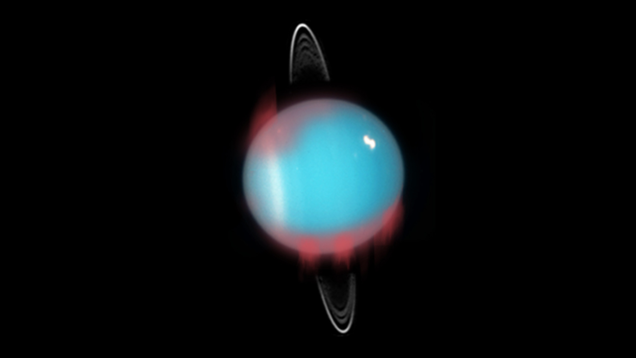
Feast your eyes on Uranus’ glowing edges. We’re serious—a team of astronomers has spotted a new aurora on the seventh planet from the Sun, glowing at infrared wavelengths.

Feast your eyes on Uranus’ glowing edges. We’re serious—a team of astronomers has spotted a new aurora on the seventh planet from the Sun, glowing at infrared wavelengths.
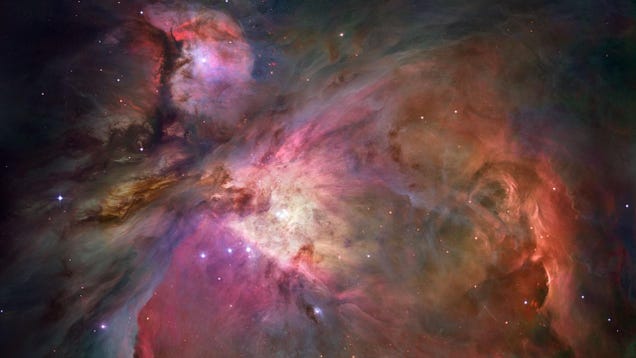
A team of astronomers have detected over 500 planet-like objects in the inner Orion Nebula and the Trapezium Cluster that they believe could shake up the very definition of a planet.
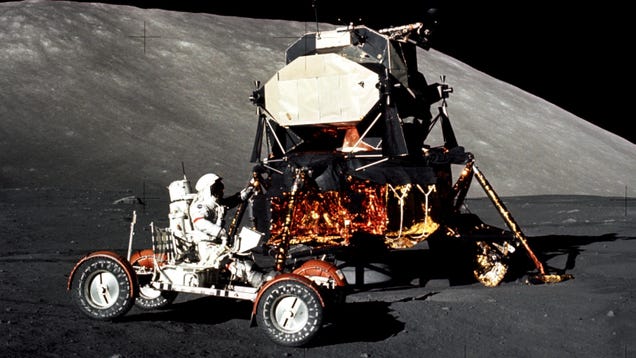
Sensors placed on the surface of the Moon during the Apollo 17 mission picked up a mysterious tremor, one that regularly occurred as the Sun rose to its peak position over the lunar surface. Unlike regular moonquakes that are triggered by the varying temperatures of the lunar environment, however, this one had a…
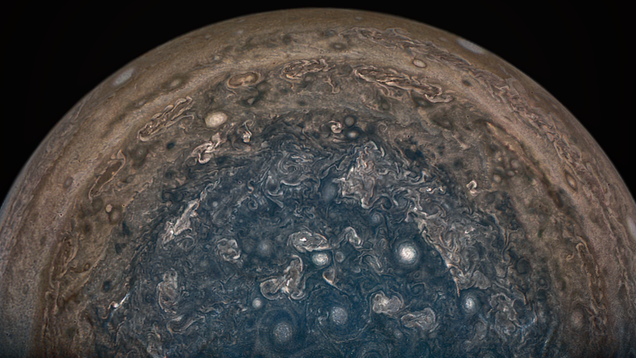
As the largest planet in our solar system, Jupiter is not one to play with. That doesn’t stop wandering comets or asteroids from testing the gas giant, occasionally crashing into Jupiter due to its enormous size and immense gravitational pull.
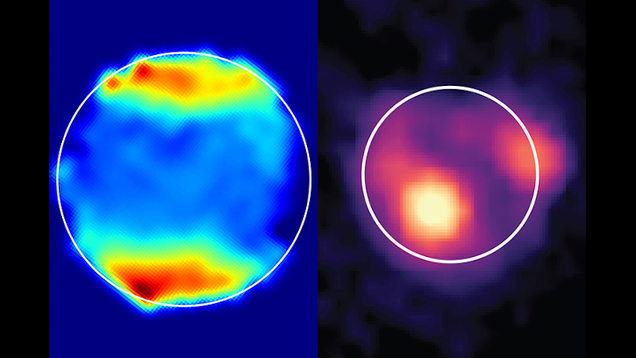
Two new studies associated with the James Webb Space Telescope’s Early Release Science program have been published, and both have to do with Jupiter’s moons, namely Ganymede and Io.
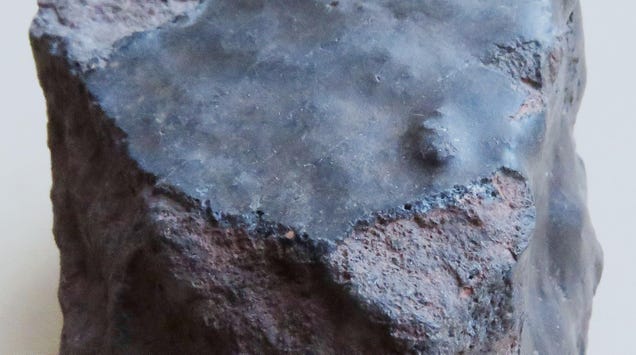
Five years ago, a partially crusted, dark red meteorite crashed in the Sahara desert and was sold in Morocco. Meteorites, almost exclusively, are of extraterrestrial origin, but this chunk seemed weirdly familiar, leading scientists to believe that it originated from the same planet where it ended up thousands of…

Researchers think they’ve gotten a glimpse at how gas giants like Jupiter form, thanks to a remarkable image of a distant star system.
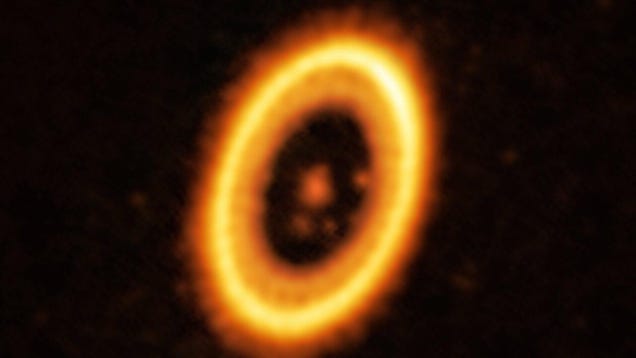
A group of radio telescopes in the Chilean desert was aimed at a young star system 400 light years away when it detected something unusual: a cloud of debris chasing a planet along the same orbit. The debris could be a planet in the midst of being born or the remains of one that already exists, making this the first…